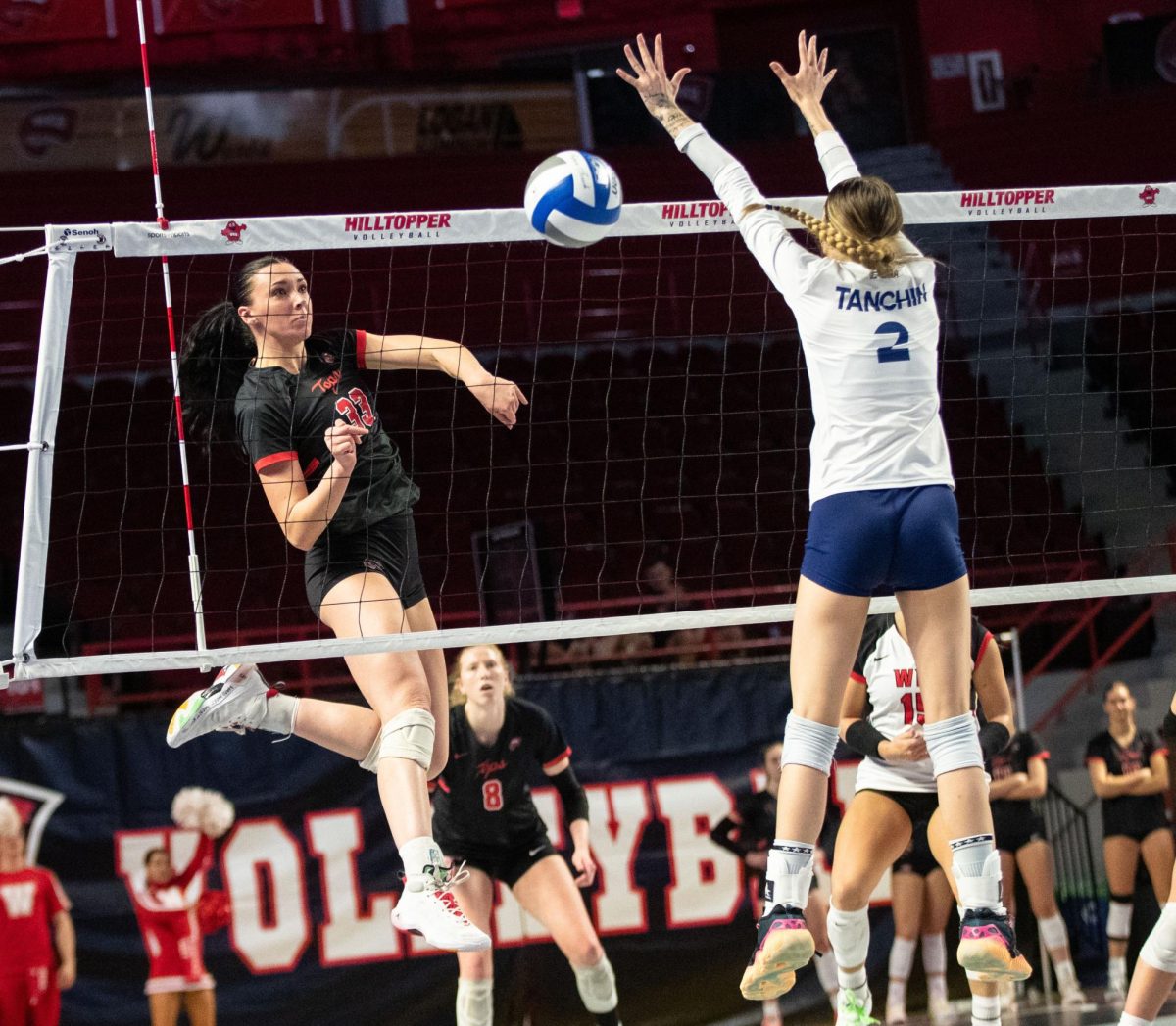Letter to the Editor: Writing about bodies requires sensitivity
March 18, 2014
As a feminist, and an intern for the blog I Will Not Diet, I completely support any attempt to talk about body-shaming. I think thin-shaming is something not a lot of people know about, therefore needs to be talked about with the same sensitivity it is criticizing many body-positive activists for lacking.
First, the body-positive movement requests the freedom for people to love themselves regardless of how much weight they gain or lose. Professor Payne-Emerson states at one point, “Some people are going to put on weight more easily and some people are naturally thin.”
Here it is suggesting that “thin” or not-fat is where all bodies begin and the only exceptions are naturally thin people, but fat or larger bodies are only acquired by lifestyle choices. Second, Hayden’s opposition to “zero is not a size” ignores the intentions of the movement.
I’m sure there are a lot of people in that movement that thin-shame, however it is a reaction against the patriarchal sizing of women’s clothing. Women’s sizes encourage women to aspire to nothing (or size zero), opposed to aspiring to a hip size of 32-35 inches.
European sizes and Men’s sizes uses hip, waist, and inseam measurements. Women’s catalog sizing is a scale from 00-16 and plus sizes 18-26. You’re not a size zero, your hips happen to equal 32-35in for most brands.
I‘m not a size 18 my hips equal 46in. This measurement is inconsistent reiterating the silliness of labeling oneself through dress sizes.
This article reinforces thin-privilege because I have yet to see an article about fat-shaming on the front page of the Herald in the four years I have been at WKU. Maybe I just missed that issue.
-Leah Railey, Winston, Ga. senior























